How to develop EQ as an engineer or a manager
People with high EQ are often great team players, great collaborators and overall great people to work with. This is how you can develop EQ!
MoEngage Inform (Sponsored)
This week’s newsletter is sponsored by MoEngage Inform. As tech leaders, we’re forever looking to optimize costs while increasing efficiency — but this shouldn’t impact the speed at which your devs ship.
MoEngage Inform is a single-API infrastructure for critical alerts that cuts costs by 60% and frees up dev bandwidth by 95%, so they can focus on P0 tasks instead.
Brands like JPMorganChase, Chuck E. Cheese, Panasonic, and SoundCloud trust MoEngage to:
Add & Manage New Channels within minutes
Debug in Real Time with centralized logs
Consolidate 100s of integrations into 1 API
Send millions of critical alerts in <3 seconds
And all of this Without Engineering Overhead, AT SCALE!
Take the mess out of your messaging infrastructure today.
Let’s get back to this week’s thought!
Intro
As engineers, we may believe that technical skills alone are what makes a big difference. But the more my experience grows in the engineering industry, the more I see that:
A lot of problems in tech are actually people problems.
I like to say that Engineering is one of the most collaborative fields out there and if you are not able to work well with others, it will be really hard for you to show your value.
People with high EQ are often great team players, great collaborators and overall great people to work with.
The good thing? You can develop and improve your EQ. And by doing that, you’ll be set up for success in our industry!
Lucky for us, we have
with us today as a guest author. She is sharing her insights based on her own opinion and experience on: why EQ is so important and how to develop it.Patricia, over to you!
When in my career I got feedback about having a high IQ but low EQ, I got confused
I always believed that emotions had no place in the workplace.
Then, I listened to “Power of Vulnerability” by Brené Brown and read “Emotional Intelligence” by Daniel Goleman and found out that I was doing things wrong. Embracing our emotions is a powerful leadership tool. Suppressing them was stopping my growth and even risking my job at the staff level.
I wasn’t aware. Stopping my emotions was negatively impacting the team's well-being and the efficiency of our collaboration and communication.
Learning about Emotional Intelligence (EI) and how to embrace it allowed me to understand myself and connect better with others. It unblocked my path toward the person I wanted to be: a role model for my team, a leader who inspires.
And I believe I’m achieving my dream without climbing the professional ladder. As a Staff Engineer without formal authority, I’ve influenced executive leaders (L8s) and the vision across organizations through inspiration.
My learning: Being good at interacting with people is not just for managers. EI makes us more human and is the multiplier that transforms good engineers into exceptional technical leaders.
IQ vs EQ: Which one do I need as a Tech Lead?
IQ measures cognitive intelligence; the capacity for problem-solving, critical thinking, and logical reasoning of what is known.
EQ measures emotional intelligence (EI); the ability to understand and manage oneself and others' emotions, and use that awareness to guide our decisions.
Before: When a colleague asked me for help, I immediately jumped to solutions, and sometimes I offered myself to fix things. It felt good to help. Then, it got to a point where I became a bottleneck unintentionally. – I was showcasing a high intelligence quotient (IQ) but low emotional quotient (EQ).
Now: I listen, ask questions, and support my team to get through the challenges. – I showcase my emotional intelligence first. And it feels great too. I help my peers to grow and scale.
Then, if my team really needs my answers, I walk through my reasoning together with my peers, turning solutions into learning opportunities.
By combining EQ with IQ, we achieve greater success.
Both types of intelligence can influence our job performance, relationships, and overall well-being. It’s not that I didn’t have EQ, it was that my EQ/IQ were not balanced.
Understanding and developing both is your key to thrive!
Choose the EQ/IQ areas you need to improve by considering:
Self assessments results. E.g. for IQ Stanford-Binet Intelligence Scale, and for EQ MSCEIT and STEMs and ESCI.
AI impact in your daily jobs. E.g. Technical knowledge, memory and basic problem-solving is being automated.
Your current job requirements and future career aspirations. E.g. EQ becomes more valuable at higher leadership levels.
The Secret of Top Performing Teams: Emotional Intelligence
According to Daniel Goleman, emotional intelligence matters twice as much as IQ or technical expertise in determining performance. He says that it is almost 90 percent of what sets star leaders apart. Multiple studies support him, and 20% of companies measured EQ in 2014.
“Strong emotionally intelligent leaders tend to lead more successful teams.” - Joshua Freedman
“Companies with more self-aware employees, from IC to top-level executives, significantly outperform while only 10% of people are really self-aware.” - Korn/Ferry Instititude
In my personal experience: Emotional intelligence was a growth area that was recommended by my manager. After starting to apply it, the team’s and my performance increased.
How do I develop my Emotional Intelligence?
The way I personally keep learning about emotional intelligence is by listening to podcasts or reading books. Then I take notes of my learnings in my second brain, an Obsidian vault. This way I retain the information better.
Here’s my recommendation for you on how to start:
1. Dive Deep into Daniel Goleman’s Emotional Intelligence Model
The EI model’s 4 domains–Self Awareness, Self Management, Social Awareness, and Relationship Management– have under them 12 competencies.
These competencies were defined based on the common traits from highest performers from dozens of organizations. Learn about each competency in Goleman’s web site.
2. Master Goleman’s 5 Key EI Competencies Sets
These are the five sets of skills that determine who is hired and who is fired in the top corporations, according to Daniel Goleman. Finding a balance between all of them will allow you to excel!
1. Self-Awareness
Ability to understand our emotions and their impact on our experiences through self-reflection. Identify how well we are and make intentional choices based on our values or purpose.
Why: Foundation of intentional leadership. Less assumptions and biases, and more understanding between peers and how the organization works.
Example: I started to manage myself and align better with my peers.
Tips: Journaling to identify how you feel, your triggers, your biases, and assumptions. Feedback, mindfulness, gratitude, and self-compassion increases self-awareness and focus in the moment.
2. Self-Regulation
Ability to keep our disruptive emotions and impulses in check.
Why: Easier to stay calm and effective under stress, crisis, or triggered moments identified with self-awareness.
Example: I used to get very nervous when talking with executives. Now I notice my feelings, I acknowledge them, and I talk with pause and calmness.
Tips: Sleep well and do exercise to avoid being reactive. Pause when an emotion is triggered. And breathe and prepare well before important meetings.
3. Motivation
Involves setting clear goals and pushing toward achieving them. Having a positive attitude and forward drive.
Why: Drives change and inspires others.
Example: I am known for my optimism. In my opinion, if we don’t believe that we can achieve the change that our customers need, we won’t act, nor move the needle. I’m the advocate of our vision!
Tips: Align actions with the vision and customers needs. For a higher impact, learn the tools for driving change in your company. Even in large corporations, our voice can be heard independently on the level and role!
4. Empathy
Ability to sense others feelings and seek their perspectives. Take an active interest in their concerns and identify how best to collaborate with them through attentively listening.
Why: Deeper engagement improves collaboration and employee retention because the team feels appreciated.
Example: I used to stay quiet if the other person got silent, and sometimes unresolved issues impacted the team. Now I am extra curious and kind. I start with vulnerability and follow with compassion. Then I try to understand my peers' struggles, offer my help, and act.
Tips: Stop thinking in solutions. Listen and ask questions to help the other person share what they really need. When working remotely, if you sense that something might be wrong, don’t leave it as it is, go and ask for a 1:1 call!
5. Social skills
Daily interpersonal skills, such as collaboration, cooperation, conflict management, influence on others, and handling change.
Why: Strong relationships lead to effective solutions and leadership.
Example: I used to be the first one to talk or hard to engage when being busy. Empathy and self-awareness when applied to social skills improved my leadership style.
Tips: Read leadership books and do trainings to improve communication and collaboration. As engineers, social skills help us to get better solutions more effectively!Last words
Last words
Special thanks to
for sharing her insights on this important topic! Make sure to check her out on LinkedIn and also her newsletter .Also, she recently started a 30 Days WonderLead Thriving Challenge, where she shares 🎁 free daily activities and resources for supporting achieving your career goals with Emotional Intelligence and Focus.
We are not over yet!
Senior Engineer to Lead: Grow and thrive in the role
This week, we finished the 4th cohort!
It’s always a bit of a bittersweet moment when you finish a cohort. On one hand, you are happy that your students have finished the course.
On the other hand, you get used to spending time discussing such fun topics with people who are equally excited about the topic!
We've had such a great group and I am already excited for the next cohort which will be in March 2025.
Liked this article? Make sure to 💙 click the like button.
Feedback or addition? Make sure to 💬 comment.
Know someone that would find this helpful? Make sure to 🔁 share this post.
Whenever you are ready, here is how I can help you further
Join the Cohort course Senior Engineer to Lead: Grow and thrive in the role here.
Interested in sponsoring this newsletter? Check the sponsorship options here.
Take a look at the cool swag in the Engineering Leadership Store here.
Want to work with me? You can see all the options here.
Get in touch
You can find me on LinkedIn, X, Bluesky, Instagram or Threads.
If you wish to make a request on particular topic you would like to read, you can send me an email to info@gregorojstersek.com.
This newsletter is funded by paid subscriptions from readers like yourself.
If you aren’t already, consider becoming a paid subscriber to receive the full experience!
You are more than welcome to find whatever interests you here and try it out in your particular case. Let me know how it went! Topics are normally about all things engineering related, leadership, management, developing scalable products, building teams etc.





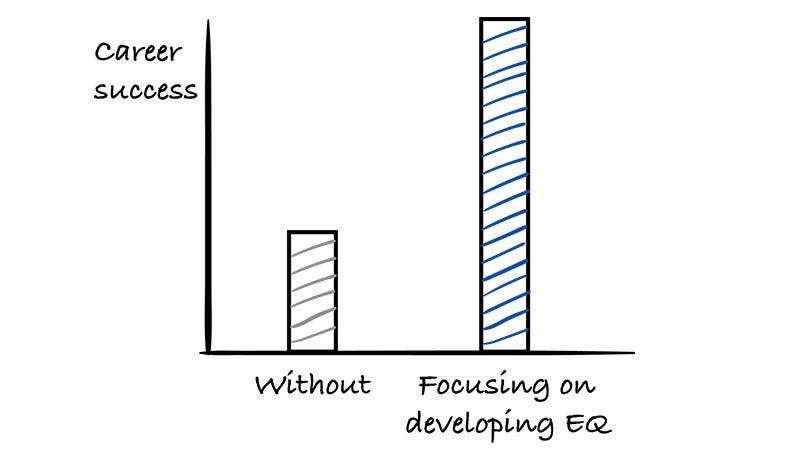
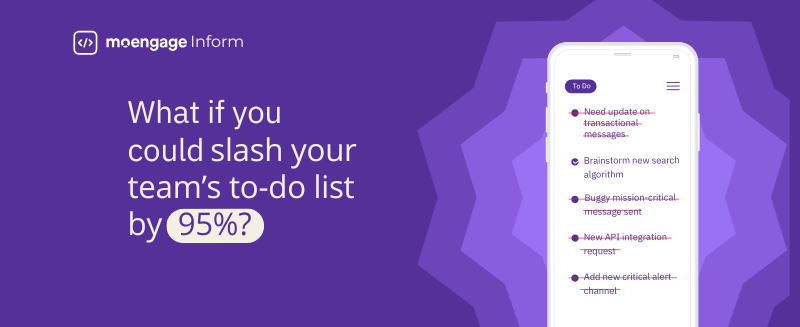
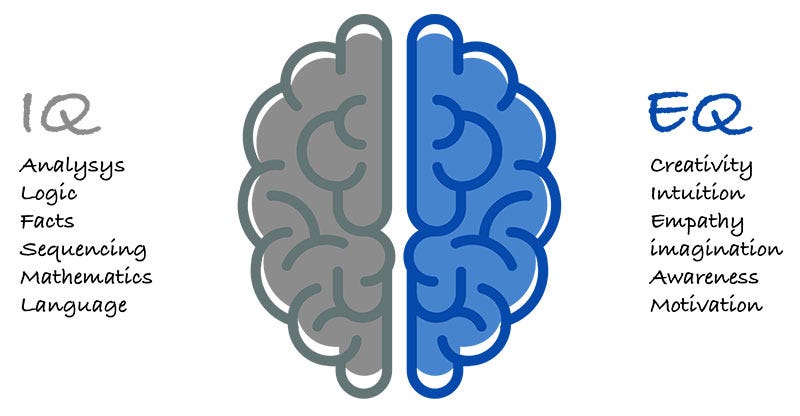
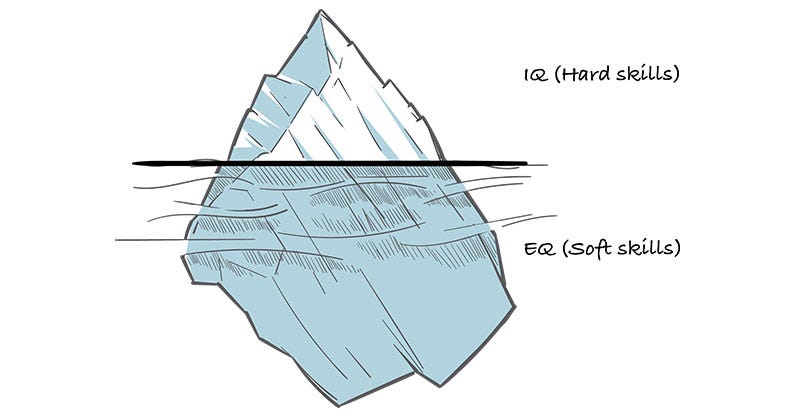
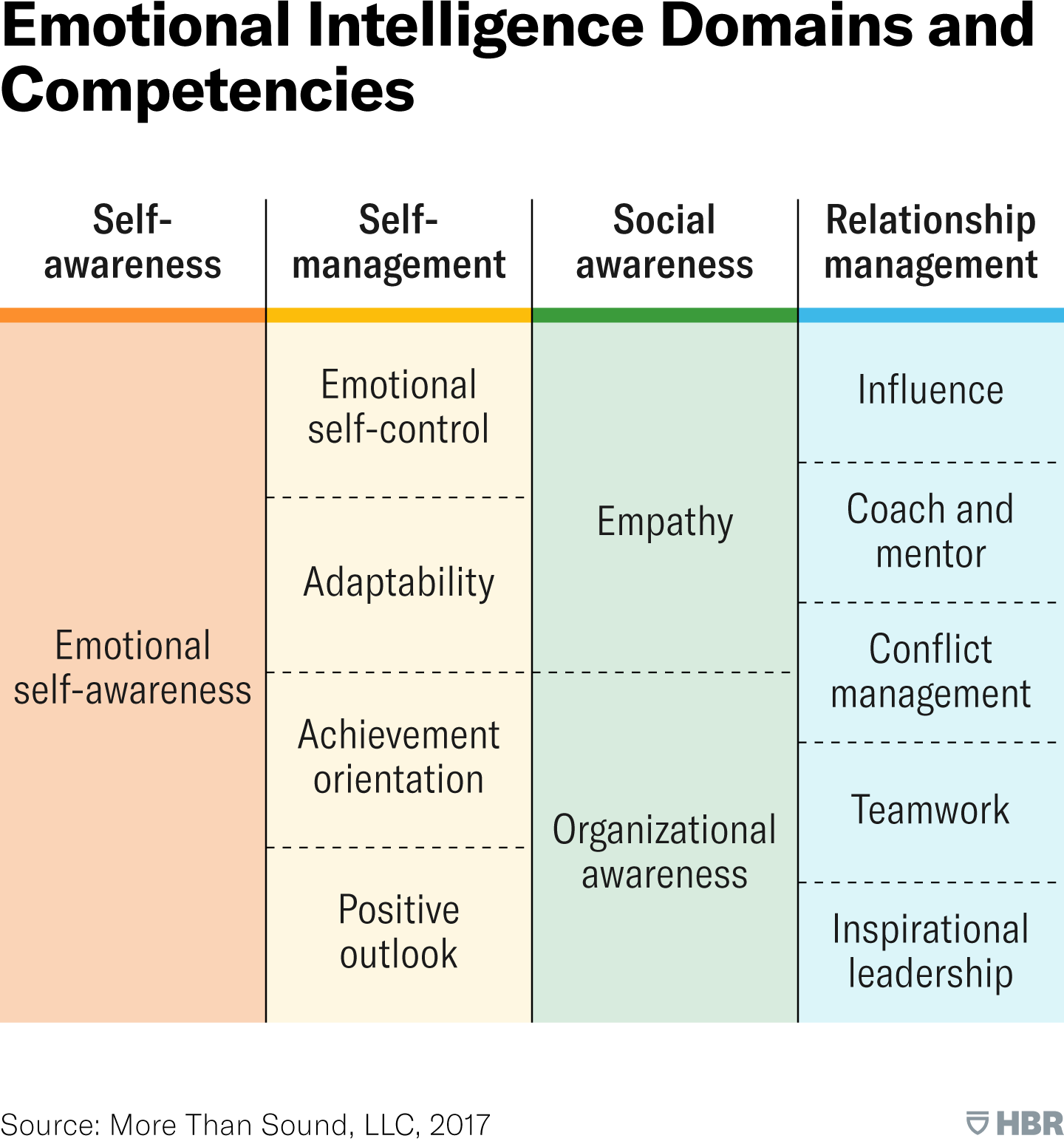
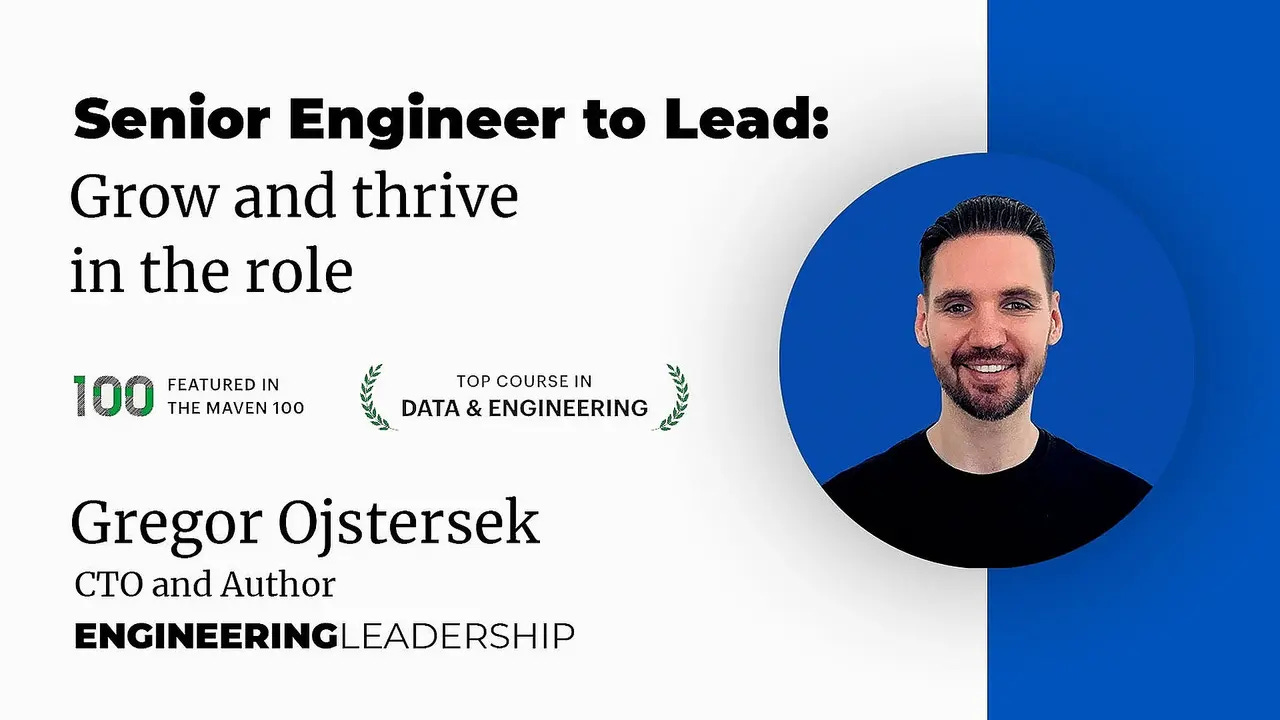

Great article, Patricia and Gregor. For Engineering Leaders, EQ is more critical than IQ. And the great news is, as you mentioned, it can be developed.